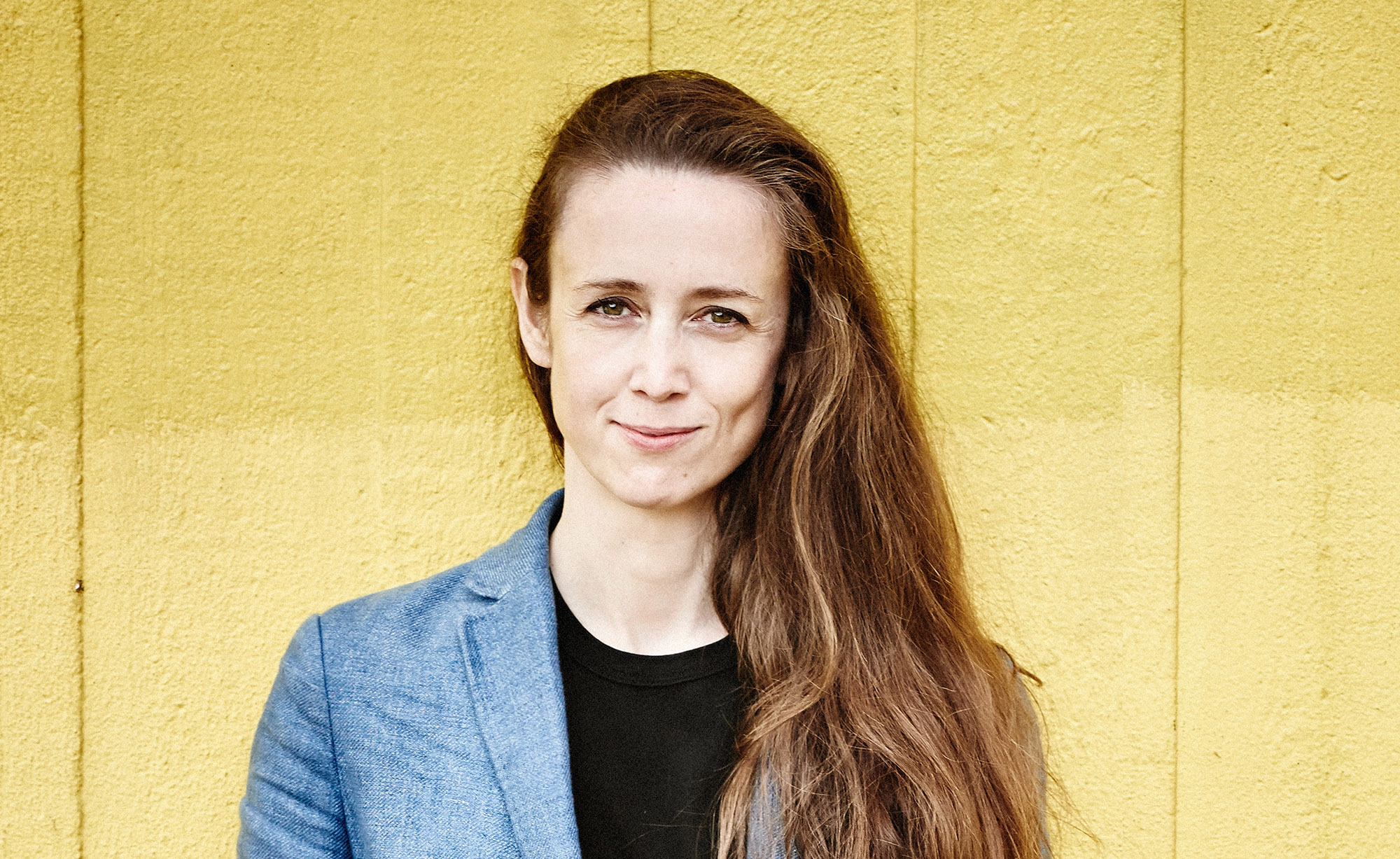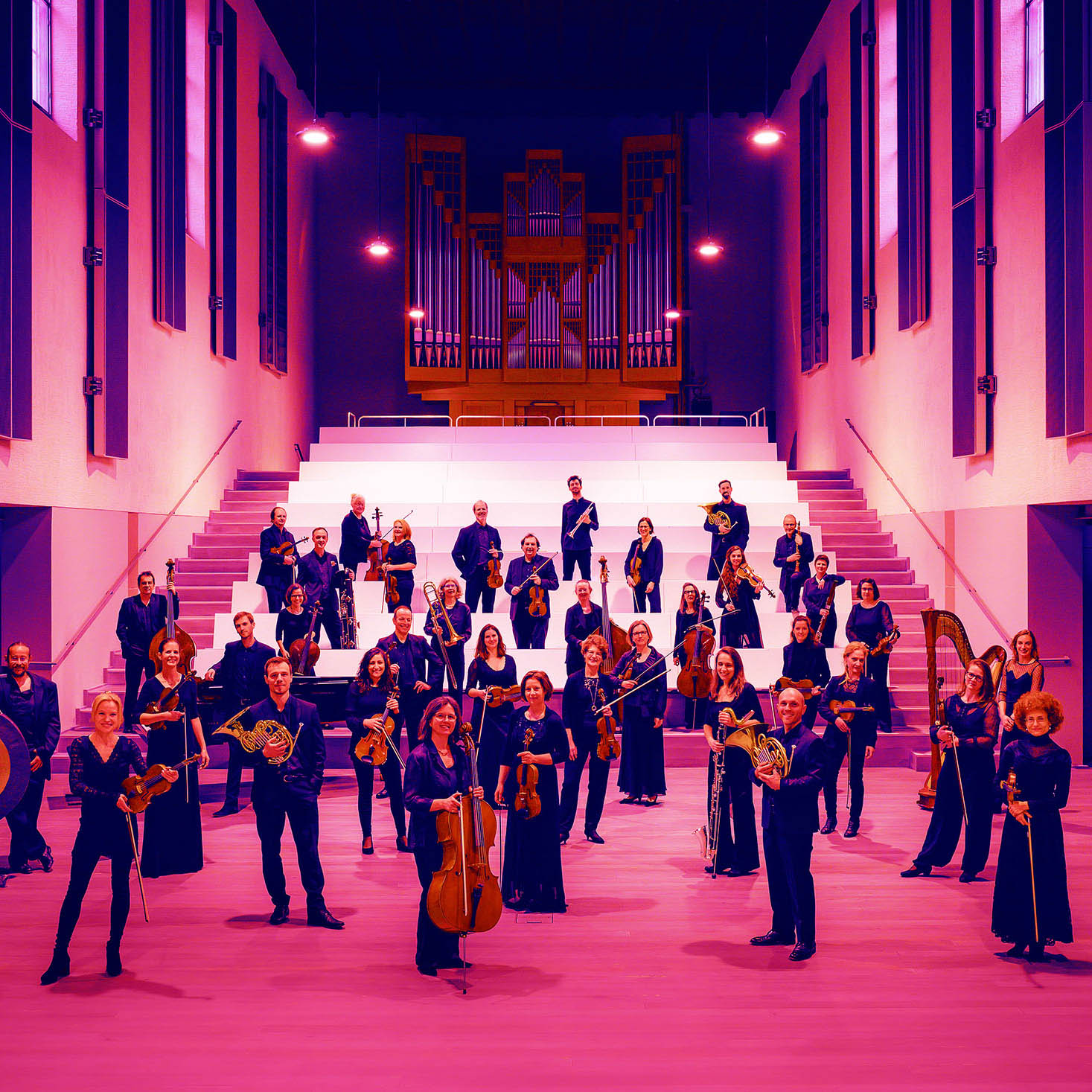Australian Jessica Cottis conducts the competition concerts at the Basel Composition Competition
We are looking forward to our first collaboration with Jessica Cottis at the concerts on 9 and 12 February as part of the Basel Composition Competition.
Jessica Cottis is one of the most outstanding Australian conductors of our time. The Times named her a ‘2019 Classical “Face to Watch”’. She is Chief Conductor and Artistic Director of the Canberra Symphony Orchestra and works with many internationally renowned orchestras including the London Symphony Orchestra, Royal Philharmonic Orchestra, Los Angeles Philharmonic, Houston Symphony, Opéra Orchestre national Montpellier, and many more.
To get to know her better, we asked her a few questions.
How did you first come into contact with “classical music” and why did you never get away from it?
I feel lucky that music has been in my blood for as long as I can remember. My father would sit and listen to classical LPs, and my mother was a fine amateur pianist. One of my earliest memories is sitting on her lap whilst she played through Chopin Nocturnes. I was fascinated by the sound and soon started lessons myself. In The Waves, Virginia Woolf wrote “I am rooted, but I flow”. It’s how I often feel when making music.
Are there pieces that have particularly influenced you?
The first time I heard Messiaen’s Turnagalila live, the sound world stayed in my head for days. Months! The same happened with Der Rosenkavalier at Vienna State Opera in 2005. I was an organist back then, and hearing this lustrous, shimmering, highly charged orchestration was a lightbulb moment, or maybe more a match struck in the dark, that started my path as a conductor. There’s also Sibelius's symphonies, specifically the interpretations of Sir Colin Davis – with whom I had the privilege of studying when I was a student at the Royal Academy of Music in London.
Honestly though, every piece I conduct influences me. There’s something about the combination of forensic exploration of a score and bringing it to life with an orchestra that's very profound.
If you were not a conductor today, what would you be?
Palaeontologist. I’m interested in megafauna, the enormous animals that roamed the Earth during the Pleistocene, 2.5 million to 11,700 years ago.
What does “contemporary” music mean to you? Is it something different for you than works by Wagner or Sibelius?
Philosophically, I approach the core of all music in the same way, but the demands a score makes on us are often very different. All music was contemporary at some point, we just happen to be living now!
How can classical music succeed in being relevant today? How can our ears make us wonder and reflect?
Mahler once said that “in every work of art, there is a trace of infinity” and, for me, one of the most beautiful aspects of an orchestra is that no individual musician can exist without a deep understanding and appreciation of all the other musicians, however different they may all be. There’s a harmoniously interactive dialogue. It’s extraordinary and one would hope relevant more broadly to today. I think we intuitively sense all this when we listen. The combination of sound and humanity is incredibly uplifting.








